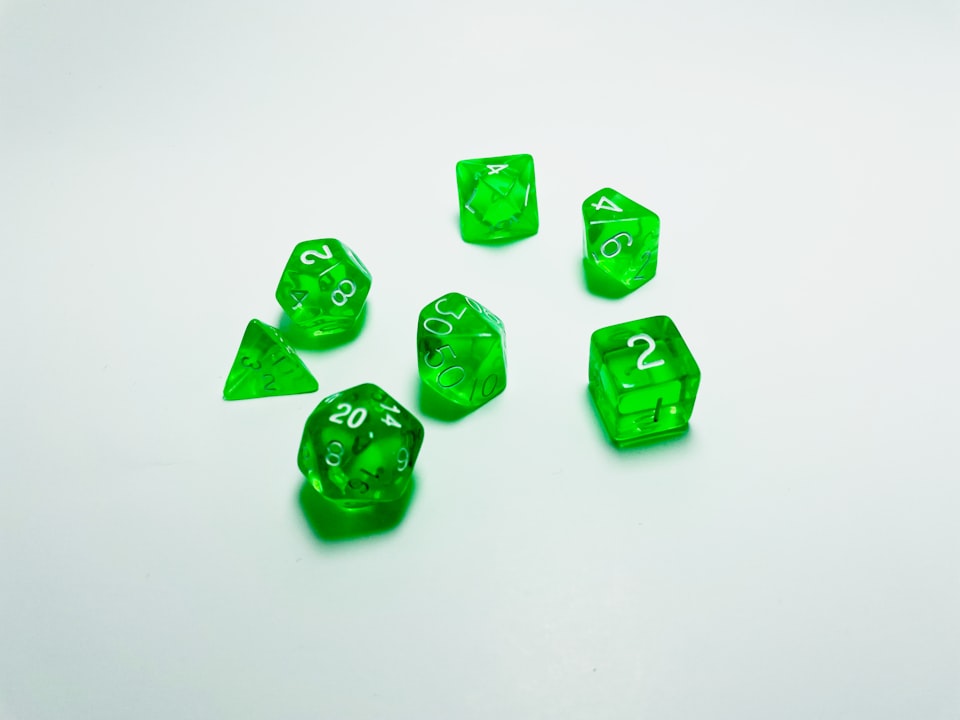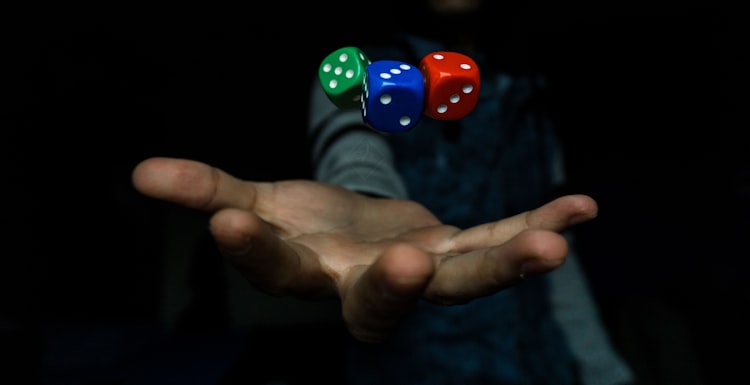Finding The Best DnD Game System

There’s a ton of chatter out there about switching from Dungeons and Dragons 5 edition (DnD 5e) to other game systems. This Redditor wrote a 1,000+ word treatise on why DnD and Wizards of the Coast suck, so much so that he makes a good argument. What is the best DnD game system? Is it the 5th edition? 3rd edition? Is it Pathfinder? Something else?
The answer is so simple that it will shock you. The answer is this: the best DnD game system is the one that’s easy and fast to play, and can support a good story.
Both the story and game mechanics are most important, everything else is just details that can enhance or detract from them both.
Done.
Now what?
The story makes the memories
I will admit, my evolution of Dungeons and Dragons stopped somewhere around the 1st edition. When I started playing in 1984, my friend Marshall told me to get Advanced Dungeons and Dragons. He said that regular Dungeons and Dragons was garbage, but the Advanced version was better.
I saved up my allowance and bought the Players Handbook and Dungeon Master Guide. Over time I saved up enough money to buy the last three books: Monster Manual, Fiend Folio, and Unearthed Arcana.
We played the 1st edition for years. We played all-nighters in my basement, ate hundreds of pounds of pizza, and drank barrels of soda. We made so many memories and I still remember the stories, the fumbles, and the deaths of beloved characters.
One memory that’s etched in my mind was a harrowing encounter with a Red Dragon. By this time all of our player characters were at high levels and decided it was time to go and loot a dragon’s hoard. Sadly, as all encounters with dragons go, they got caught.
The dragon proceeded to decimate the party but not before they got some shots in and weakened it. The dwarven thief got roasted to death. Both the human cleric and elven were below zero hit points and dying. My friend Eduardo’s fighter, the strongest of the bunch was in single-digit hit-point territory.
Things looked grim for the party and they all grew silent. They knew that weight of the party’s survival lay on Eduardo’s fighter and the dice rolls.
Little did they know that the Dragon was also in the single-digit territory after getting cooked by lighting spells from the wizard, bludgeoned by the cleric, and slashed by the fighter.
It was time to roll for initiative and Eduardo’s fighter won. The look of panic on his face as he picked up his d20 and rolled. Before I could see what he got he fist pumped in the air and screamed “YES! Twenty! Natural Twenty!”
It was a critical hit and everyone cheered. The dragon fell dead at his feet. I don’t remember much after that but most of the party survived. Rob rolled up a new thief named Swiftwater and the stories continued.
They raided the tomb of Ptah the Lich. They hunted vampires in Ravensloft. We played in countless homebrew adventures. We lived and shared these stories together and still talk about them to this day.
We played DnD but no one remembers what edition we played, except me, the Dungeon Master. The game mechanics are forgotten but the stories remain.
As it should be.
Finding the best DnD game system
You can choose the standard Wizards of the Coast DnD 5th edition. You can support them as they try to monetize the shit out of everything. You can even spend a lot of time figuring out how to play it with all the saving throws, perceptions, etc.
Complex game mechanics can hinder the story. When Game Masters (GM) get too bogged down in the technicalities the story will suffer. Your goal as GM is to weave an entertaining tale for your group, filled with encounters, danger, treasure, and adventure.
Granted, some of this complexity is needed but too much game complexity is a turn-off for me. As a GM, you need to always focus on the story first and the game mechanics second, everything else after that is detail or noise.
Since the WotC OGL debacle, I’ve spent a lot of time looking for alternative DnD clone games. Ones that adhere to the spirit of a fantasy world tabletop role-playing game but are easier to play.
My search has led me to several promising DnD clone games with simpler game mechanics.
I just ordered a printed copy of Basic Fantasy Role Playing Fantasy rule book for $5 on Amazon (affiliate link). It’s based on the 3rd edition of Dungeons and Dragons which many of the old-timer’s claim was the best. I’m not sure, as I’m a 1st edition guy but this is an open source type of document and I will gladly support the author of this game system by buying a bound book to read. You can also download the PDF for free from the website.
Another DnD clone that I like and will buy in paperback is the OSRIC – Old School Reference and Index Compilation book (affiliate link). I downloaded the PDF for free from the website and read through it. It reminded me of how easy it was to play games in this edition compared to DnD’s 5th edition. It made me want to just write game modules for OSRIC!
The last DnD clone I like is a stripped-down version of everything, it’s called Microlite20. It lets you only have four character classes and the basic races as well. It was meant to be light easy to play and I like it. You can download the PDF for free from their website too.
There are tons of open source, open game, and creative commons licensed DnD games that you never have to feel “locked in” to one vendor. You never have to be at the mercy of Wizards of the Coast or Hasbro ever again. All you need to do is choose what works best for you.
What game system works best?
That’s the toughest question. I’ve given you three Dnd game system clone suggestions above. You’ll have to do some soul-searching and reviewing before choosing which one you want to use.
One word of advice, don’t get too hung up on the pros and cons of each system. Just focus on the story first and the game mechanics second. If you do that, you’ll create memories that last a lifetime.





Member discussion